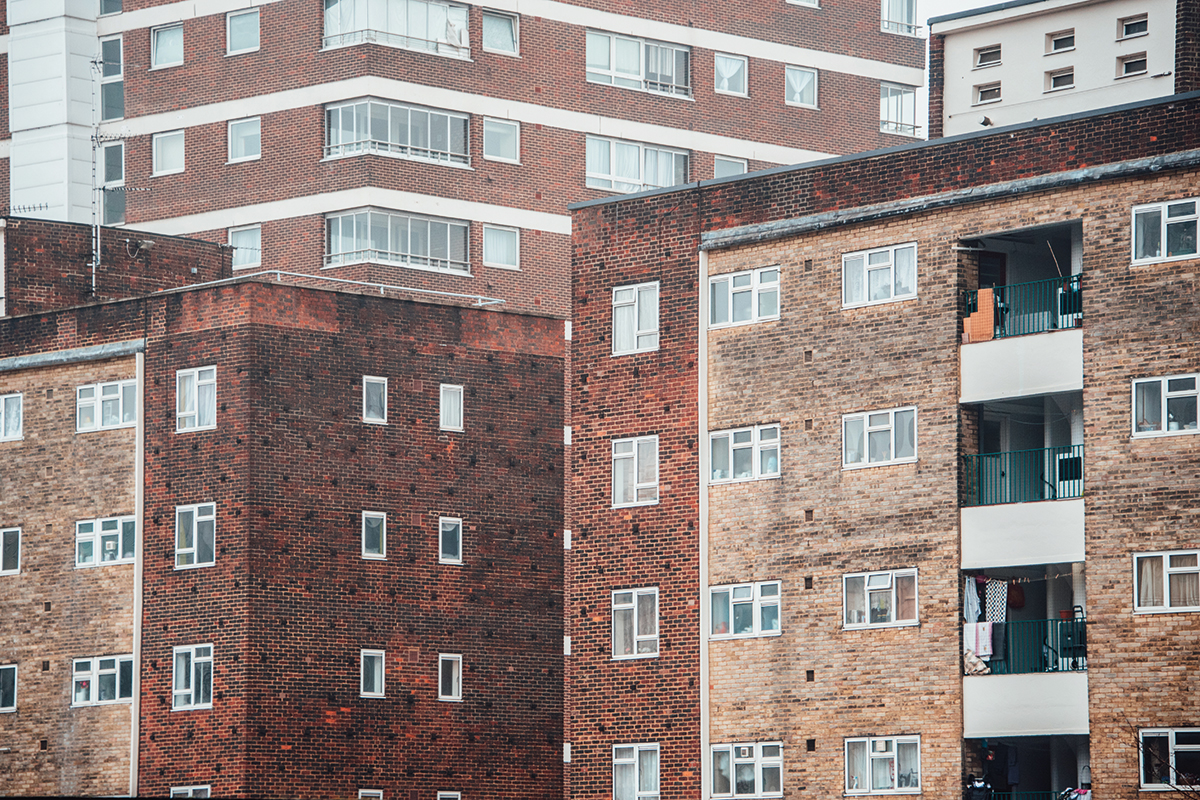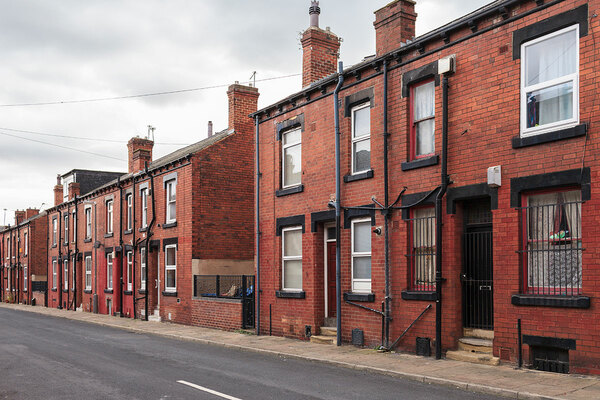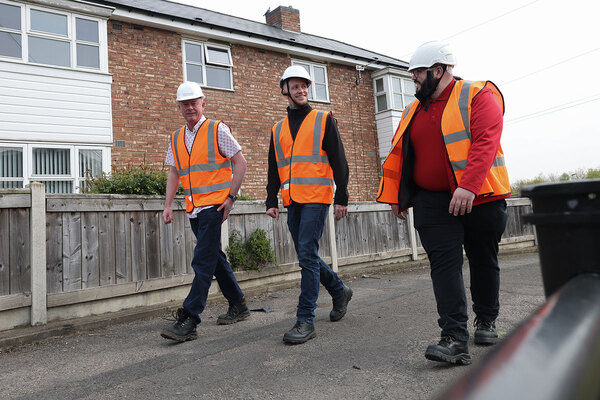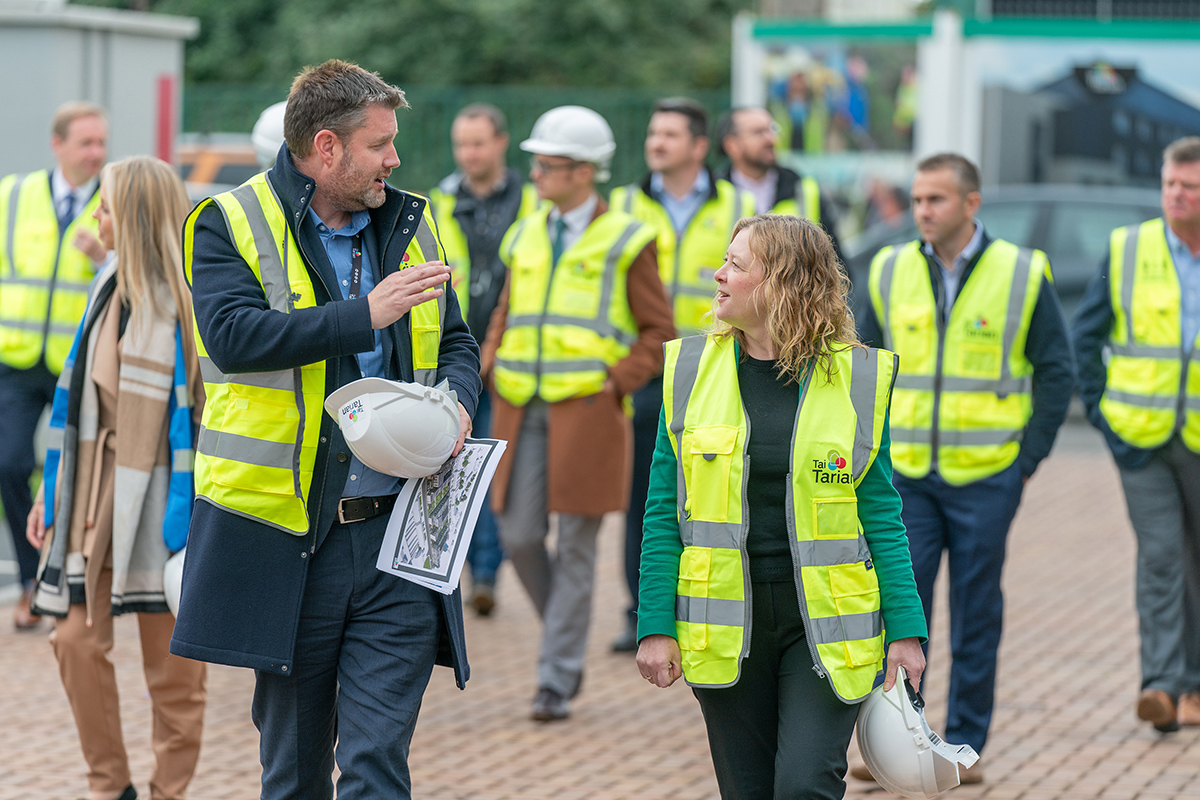You are viewing 1 of your 1 free articles
Council housing fraud falls 23%
Housing fraud cases concerning council homes fell 23% last year, according to the national public accountancy body.
The Chartered Institute of Public Finance and Accountancy’s (CIPFA) annual Fraud and Corruption Tracker, published today, said that an estimated 3,632 instances of council housing fraud took place in 2018/19, down from 4,733 the year before.
Right to Buy fraud more than halved, from 1,518 cases in 2017/18 to 652 in 2018/19.
Total Right to Buy sales fell 21% in 2018/19 to 10,213 – the lowest level since discounts were raised dramatically in 2012/13.
An investigation by Inside Housing earlier this year found that one in seven homes sold through the policy since 2012 was bought by a tenant on housing benefit, leading experts to raise fraud concerns.
CIPFA said the reduction in all forms of housing fraud – which includes illegal subletting, succession and false applications – is part of a “steady downward trend in the number of housing and tenancy-related frauds detected/prevented”.
It argued that the trend “likely indicates successful efforts by local authorities to tackle housing fraud and remove illegally sublet properties from the system”.
Improvements in reviews of housing allocations and applications by many councils as well as “low rates of tenancy turnover” have also “limited the risk of new fraud cases”, CIPFA said.
In July, a council tenant was fined £100,000 and evicted by Westminster City Council for illegally subletting his central London home through Airbnb.
The decrease in housing fraud has driven an overall decline in the value of frauds against local authorities, the report noted.
There were around 71,000 instances of fraud detected or prevented in 2018/19, down from around 80,000 in 2018/19.
Council tax fraud accounted for 79% of these cases with an estimated value of £30.6m, while housing fraud made up 5%.
However, housing fraud still had by far the largest associated value at £135.6m.
Procurement fraud is the “highest fraud risk area” for councils, according to CIPFA, with “large value infrastructure and regeneration projects” meaning the sums involved can be significant while complex supply chains make it difficult to spot.
An estimated 125 procurement frauds were prevented or detected in 2018/19, down from 142 in 2017/18.
The value of 2018/19 procurement fraud cases was £20.3m, compared with £5.2m in 2017/18. CIPFA said that the figure “is attributable to mainly one organisation”.
The Ministry of Housing, Communities and Local Government has been carrying out a review of local government procurement fraud and corruption risks over the past year.
Rob Whiteman, chief executive of CIPFA, said: “Fraud continues to be a critical issue for local authorities. Many councils have worked diligently to implement new counter-fraud strategies, and the figures tell us those efforts are working.
“The unlawful diversion of funds away from local authorities only adds further stress on vastly underfunded public services.
“The sector is moving in the right direction, but only a greater focus on collaboration and preventative measures will help create long-lasting change.”












